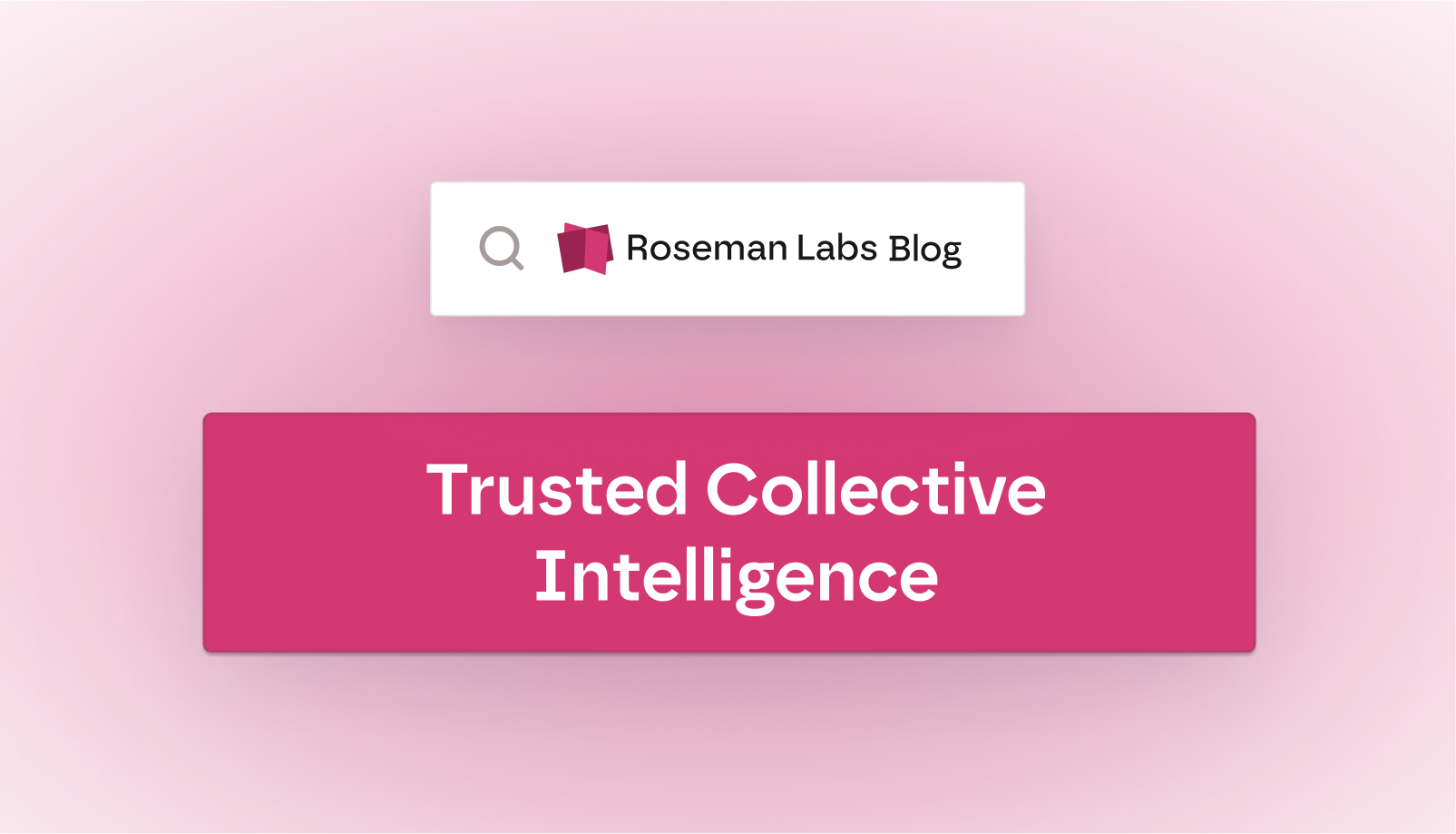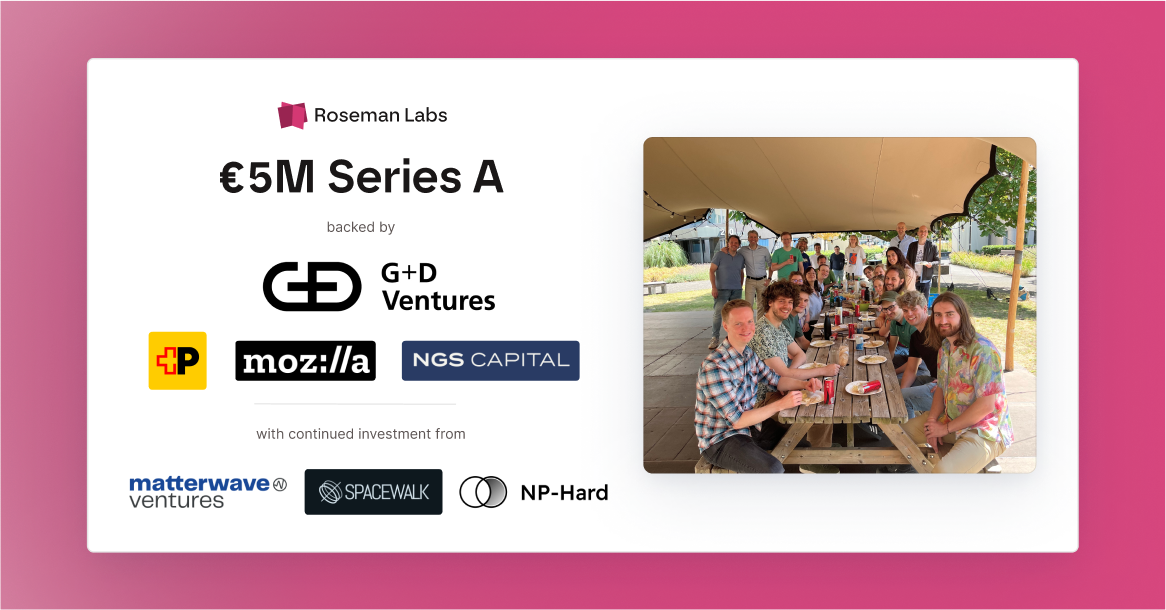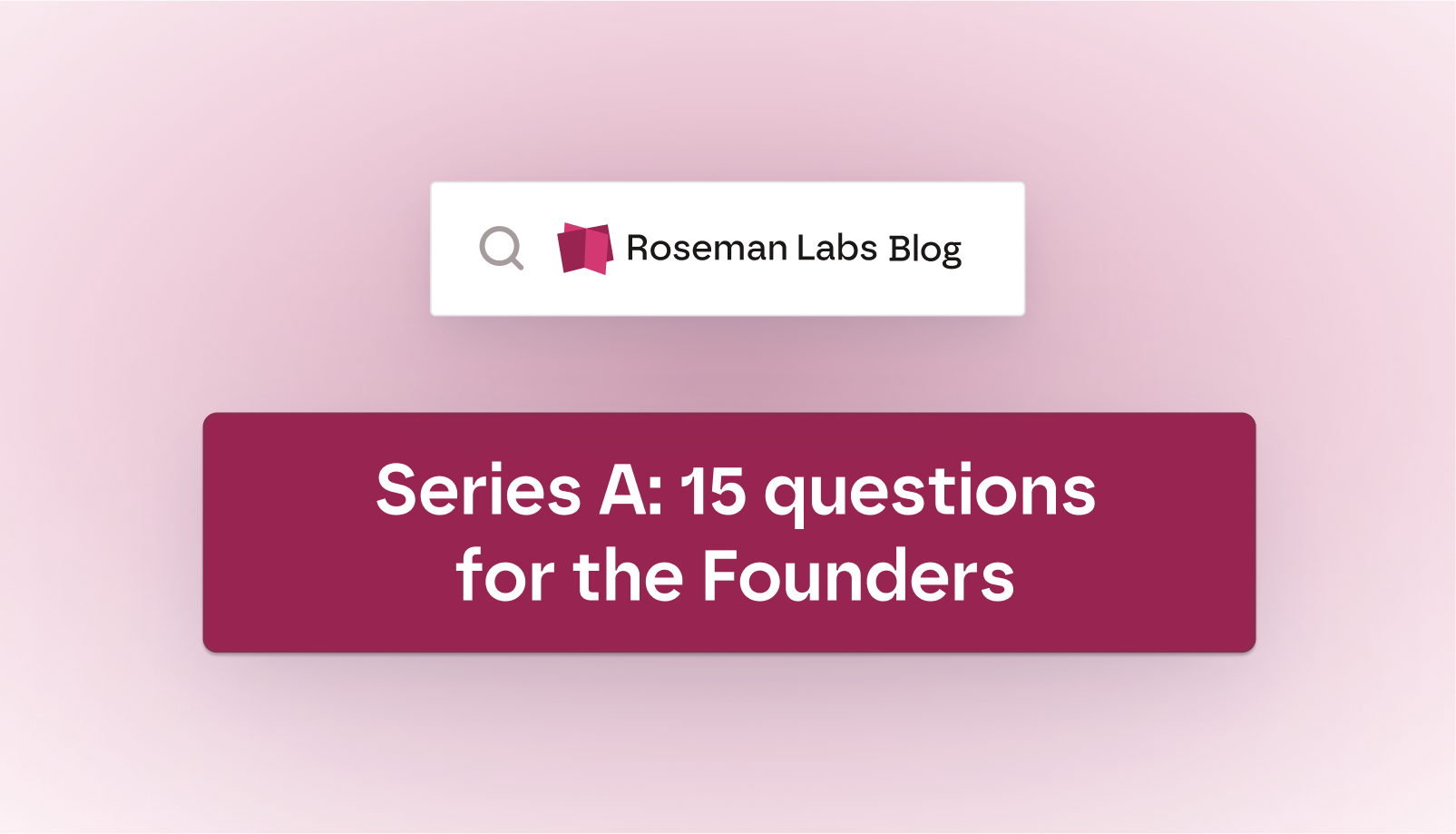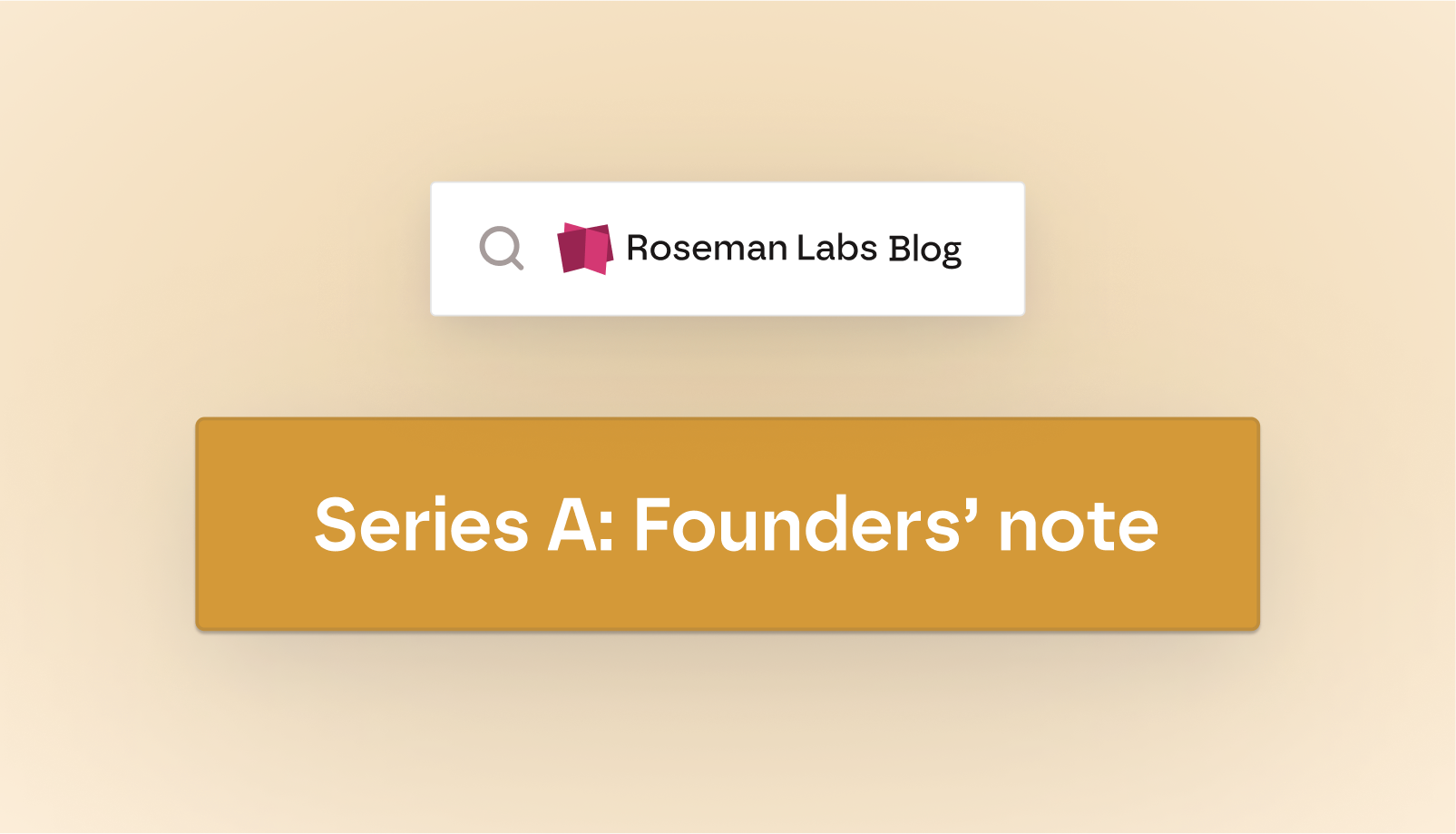
Organizations across the world hold pieces of a puzzle that together, create a more complete view of the data needed to address society's urgent challenges. Despite rapid technological advancement in the last century, there has not been a way to realise this vision securely - until now.
The history of the Great Library of Alexandria speaks to the fragility of data - especially when concentrated, siloed and without protection - highlighting the need to build safeguards to use it correctly.
Director of Product Marketing, Gaby Costa Grillo, walks us through a future where we engineer trust directly into our systems - where data is used without risking its integrity, and organizations innovate beyond trust boundaries because security is baked into the design.
What if the Great Library of Alexandria had survived? A world where its knowledge endured might have changed human history forever.
Imagine the library's halls alive with scholars from across the known world, manuscripts preserved and enriched across generations.
In this alternate history, an astronomer studies a scroll suggesting that the Earth circles the Sun. The idea spreads centuries earlier, giving sailors sharper tools for navigation and sparking a spirit of inquiry long before Copernicus. Mathematicians debate early algebra and calculus, laying foundations for art, architecture, and science to flourish sooner. Physicians exchange notes on anatomy and disease, refining treatments, fighting plagues and saving lives long before modern medicine.
If the library had never declined, if its scrolls had been protected and shared, could human progress have taken a different path? One where collective intelligence sparked innovations we can only imagine?
But that story is fiction. Sadly the Library of Alexandria no longer exists. Its decline followed a fire during Caesar’s siege of the city in 48 BC, and continued through centuries of political and religious conflict, decrees, and neglect. By the early Middle Ages, little remained.
Lesson from ancient times
The lesson of Alexandria is not only about what was lost, but about fragility. Knowledge locked in one place, whether in a library or an organization’s database, is always at risk. Spreading it across other databases might seem like the answer, but that only shifts the problem to trust. And the more sensitive the issue, the harder it becomes for institutions to trust one another, even when they want to.
This is why critical information stays siloed: banks hold transaction data that could reveal criminals, hospitals guard records that could detect outbreaks, and governments protect intelligence that could prevent disasters. Each organization has part of the picture, yet they hesitate to share because it feels too risky. And so, just as Alexandria’s wisdom was lost to history, today’s insights risk being lost in silos
Trusted Collective Intelligence
Joint data analysis has long relied on contracts and goodwill. Even then, it usually required centralizing data or stripping it of detail to preserve privacy or confidentiality. Competitive fears and regulatory barriers only deepened the risk. The result is a collaboration gap: everyone sees the value, but no one dares to move first. At the core lies a belief that sharing means exposure, and trust can never be guaranteed.
That is why trust has to be engineered. Roseman Labs built its platform to make Trusted Collective Intelligence possible, embedding trust directly into the infrastructure using an advanced cryptographic engine.
We took secure Multi-Party Computation (MPC) out of the academic realm and made it practical at scale. Our encryption engine allows multiple parties to run computations on combined data without ever revealing their own records, and to do so at unprecedented speed. Because when the stakes are high, action cannot wait.
With Roseman Labs, data always remains encrypted. This means that even if someone wanted to misuse information, they technically cannot. Each party gains only the insights they need. This makes joint analysis possible even in the most sensitive domains.
Today, more than 150 institutions across Europe and the US already achieve Trusted Collective Intelligence with Roseman Labs. The Dutch National Cyber Security Center uses our technology to unite over 100 organizations to identify cyber threats while each keeps control of their own data. Banks can detect fraud across borders without exposing customer data. Hospitals can detect early signs of child abuse while safeguarding patient privacy.
When not sharing becomes the risk
The trade-off between keeping data safe and making it useful is no longer necessary. The bigger danger now lies in not working together. A global ransomware attack can spread in hours, yet an early alert from one organization can help protect others before the damage multiplies. In hindsight, investigators often find the signals were there all along, just scattered across organizations and never connected.
Regulators see this too. This is why EU’s AMLR, EHDS, DORA and NIS2 frameworks all push toward greater collaboration, but with privacy safeguards in place. And with generative AI on the rise, connecting data becomes even more important as models are only as good as the data they are trained on. Training on isolated datasets yields mediocre results, while combined datasets unlock real power.
Embracing a collective future
Bringing organizations together to combine their knowledge is both possible and transformative. Those who embrace it early will shape the standards and reap the benefits. Those who confine themselves to silos risk falling behind.
Societies have always relied on shared knowledge to survive. Just as ancient communities built networks to exchange techniques in farming, navigation, or medicine, today we can build data networks to exchange insights without undermining trust. The contract is simple: contribute securely and gain access to Collective Intelligence.
So ask yourself: are you still holding only your piece of the puzzle, or are you ready to see the full picture?
The story of Alexandria is a tale of possibility. Today we have the technology to ensure knowledge is never wasted but turned into collective progress. And progress starts with a single connection.
You don’t need everything ready to begin; a pilot or use case is a good start. Discover how Trusted Collective Intelligence can work for you today, get in touch to begin that journey.
[1] Library of Alexandria - Wikipedia https://en.wikipedia.org/wiki/Library_of_Alexandria
Watch the City of Rotterdam's customer story below, and subscribe to our YouTube channel for more content!
About Roseman Labs
Roseman Labs is revolutionizing the possibilities of encrypted computing. Our product enables you to use sensitive data in a secure way, whilst safeguarding individual and commercial privacy.
Newsroom
Read more
Book a demo
Enter your details and we'll be in touch to book a free, no-obligation demo with you.
- Analyze vast amounts of data quickly
- Safely use sensitive data with state-of-the-art encryption
- Gain new insights to make well informed decisions



